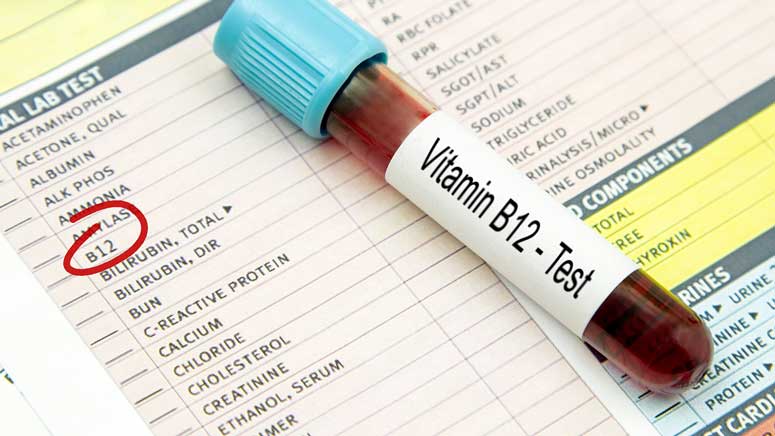Overview

Also called cobalamin, Vitamin B12 is an essential nutrient that plays a critical role in cell metabolism, red blood cell formation, DNA molecule production, and nerve function. Most people get their vitamin B12 through their diet, although this is not enough in certain cases.
When dietary vitamin B12 is not enough, doctors will recommend taking the vitamin through supplements. This usually happens when a person has vitamin B12 deficiency, a condition where the amount of vitamin B12 in the blood is not enough to meet the body’s requirements.
Vitamin B12 deficiency is rare. This is because the body can store enough vitamin B12 to last several years. According to Mayo Clinic, vegans are more at risk of vitamin B12 deficiency [1] and are more likely to rely on supplements to meet their body’s needs. This is so because most natural sources of vitamin B12 are animal-based foods. Plant foods do not contain this essential vitamin.
For people who need to use vitamin B12 supplements, the regular means of administration are oral, injection, or nasal sprays. It may also be consumed as part of fortified cereals. Doctors typically recommend that adults take 2.5 micrograms of this vitamin, although taking higher is acceptable. If you are pregnant, you may need to increase your daily intake to 2.6 micrograms and up to 2.8 micrograms when you are breastfeeding.













